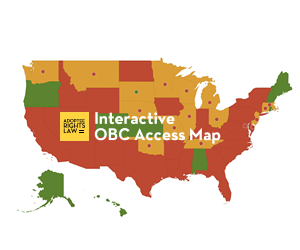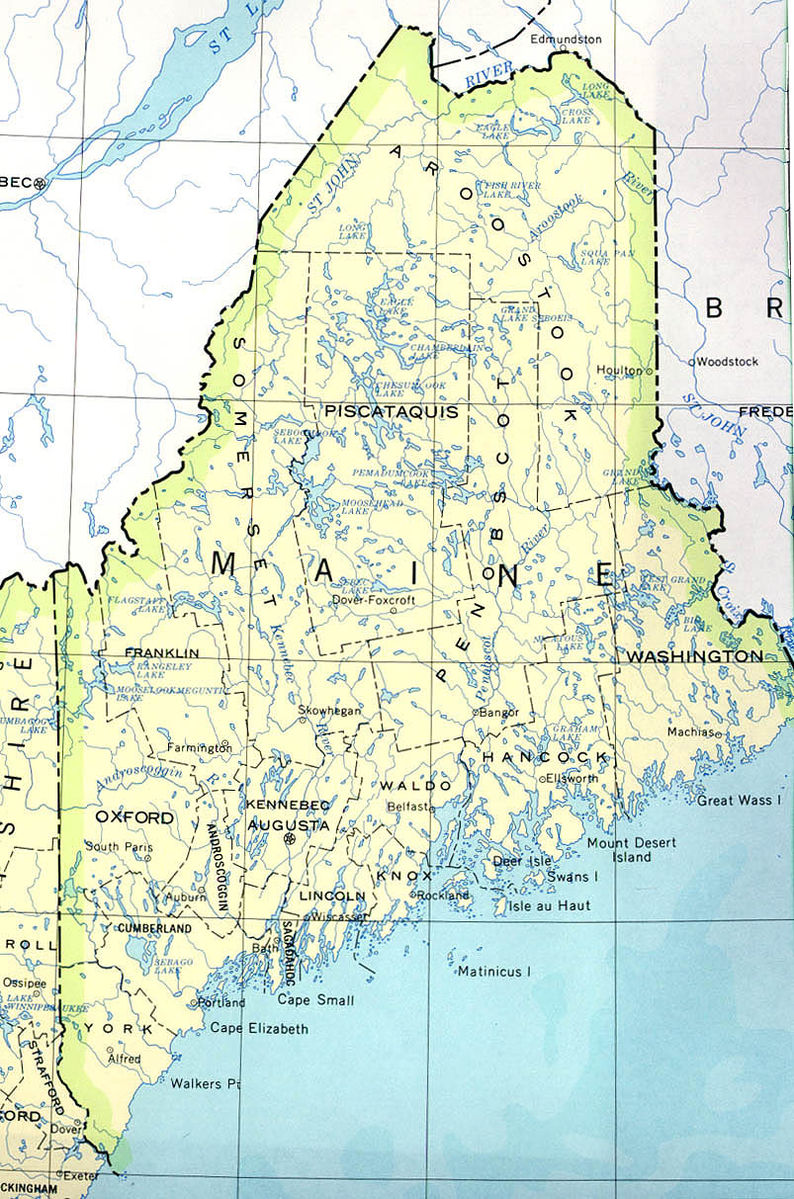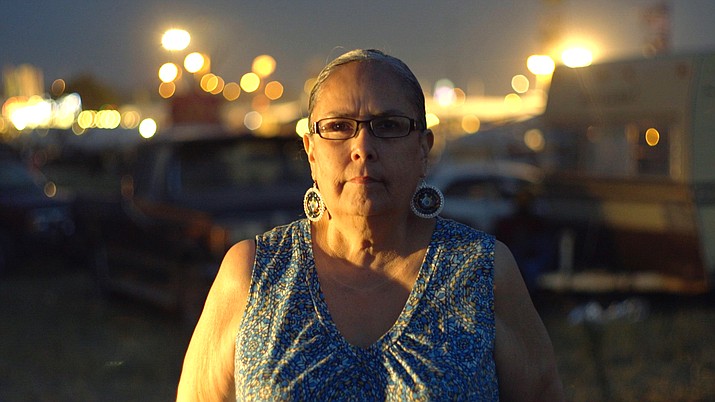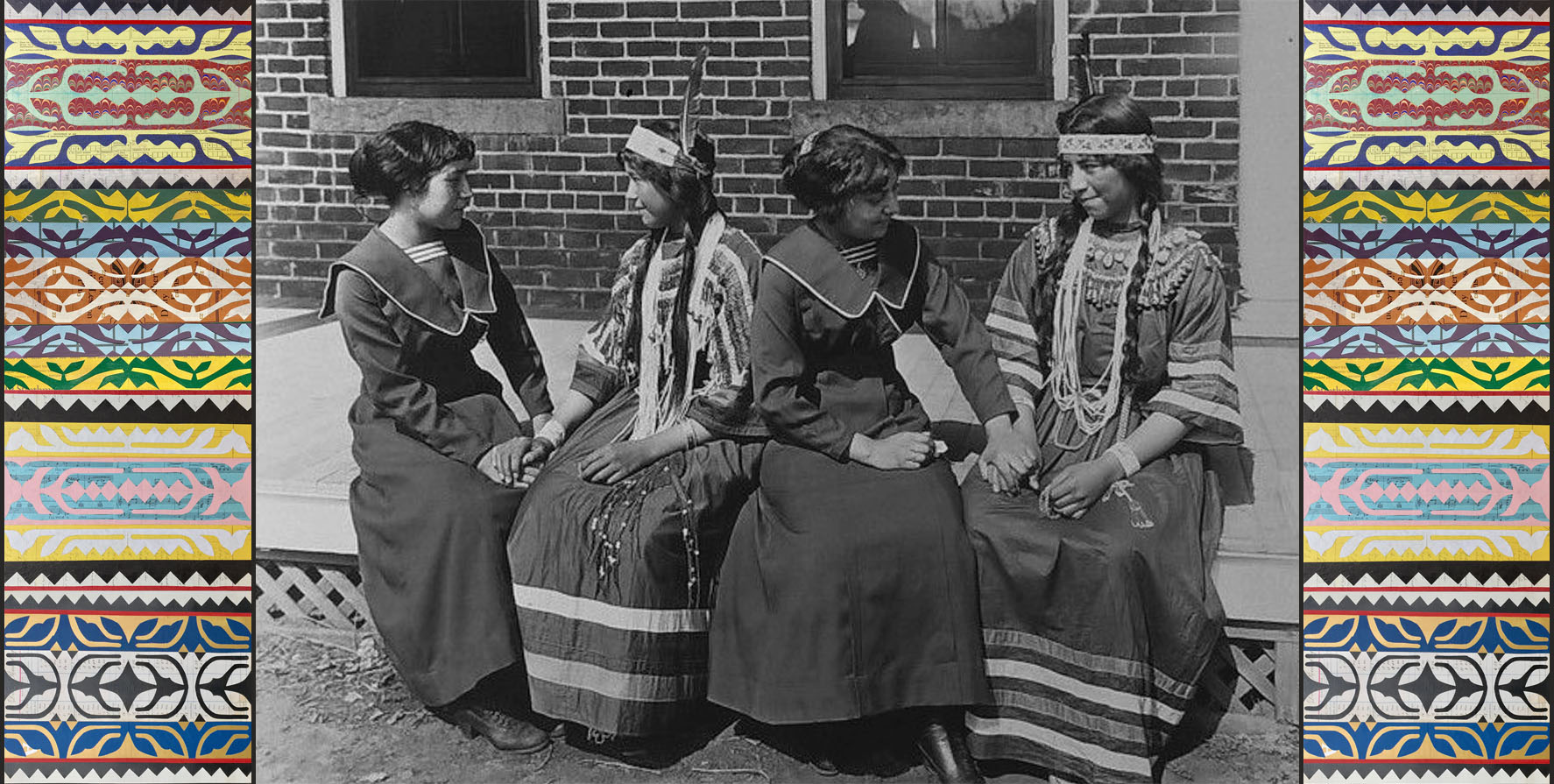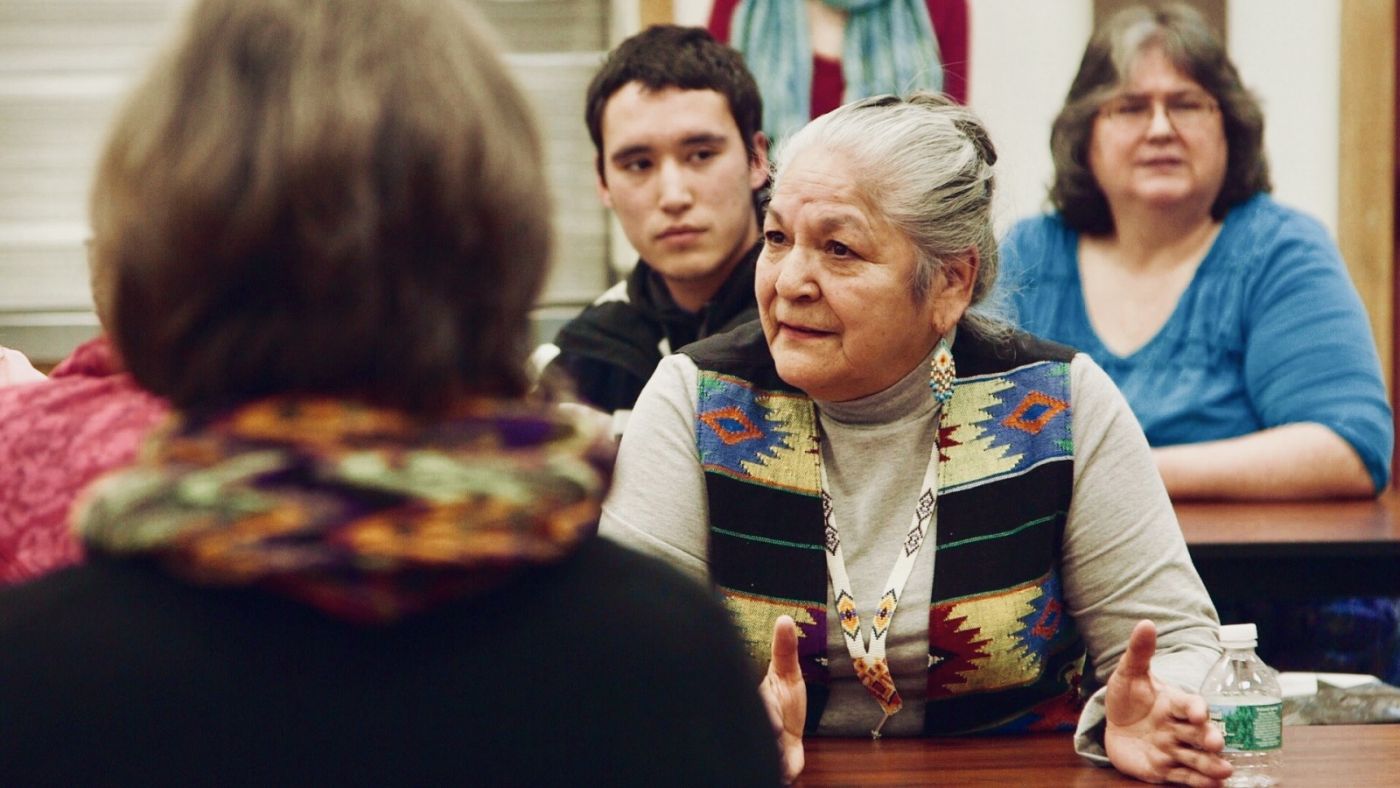Subscribe to Fiat Vox.
See all podcast episodes.
This is the second part of the two-part series about how
disability has been and continues to be used as a way to control and
profit from Native populations.
Last week, we heard from UC Berkeley’s Ella Callow about how the U.S. government built a psychiatric institution in the early 1900s to imprison Native Americans.
Today, Callow discusses how Native communities are still
forced to exist in societal systems that use disability to justify
taking Native children away from their families, and to ultimately
control, and make money from, their lives.

A
Butte County courthouse in Belle Fourche, South Dakota. In South
Dakota, a Native child is 11 times more likely to be placed in the
foster care system than a white child. (Photo by J. Stephen Conn via Flickr)
Read a transcript of Fiat Vox episode #67: “How state courts use disability to remove Native children from their homes”:
This is Fiat Vox, a Berkeley News podcast. I’m Anne Brice.
Last week, we spoke to UC Berkeley’s Ella Callow about how,
nearly 100 years ago, the U.S. government built a psychiatric
institution in South Dakota to forcibly commit and imprison Native
Americans, often for reasons that had nothing to do with having a mental
illness.
If you haven’t listened to it yet, I recommend going back and listening to it just to get a little bit more context.
Today, in the second part of the two-part series, Callow, the
director of the Office of Disability Access and Compliance at Berkeley
and who spent more than a decade as a lawyer before coming to Berkeley
fighting for the rights of parents with disabilities, says that Native
communities are still forced to exist in societal systems that use
disability to justify taking Native children away from their families,
and to ultimately control, and make money from, their lives.

Ella
Callow, director of the Office of Disability Access and Compliance at
UC Berkeley, is writing an article about how disability has been and
continues to be used as a way to profit from and control Native
populations. (Photo courtesy of Ella Callow)
Ella Callow: One of the things that really concerns
me is the fact that this has bled into child welfare issues. Native and
disabled people have very disparate impacts of child welfare involvement
and removal of their children. In the American Indian context, the
Indian Child Welfare Act should be a protection against this.
The Indian Child Welfare Act was passed by Congress in 1978,
establishing minimum federal standards for when and how state agencies
could remove Native American children from their parents’ custody and
their cultural environment.
But when a parent’s disability is involved, says Callow, it’s used to override their cultural identity.
Ella Callow: What we see is that, often, if the
parent has a disability, there’s an effort by the state in state courts,
which unfortunately is where the cases often take place — they should
be taking place in tribal court, but often they take place in state
court, to say, ‘Well, we know that we should have, perhaps, a cultural
expert. We know that we are supposed to place a child with kin and do
all these things. But we all know that the real issue here is that Mom
is schizophrenic, or that Dad is blind. And so, this really isn’t about
all that Indian stuff. This is about the disability.’
[Music: “Morning Glare” by Blue Dot Sessions]
Although the U.S. Department of Justice issued guidelines in
2015 that specifically stated that the Americans with Disabilities Act
applies to all child welfare cases, it rarely ends up protecting Native
families in court, says Callow.
Instead, counsel on both sides often kind of give up,
affirming the underlying societal belief that parents with disabilities
aren’t capable of raising their own children.
In South Dakota, for example, a Native American child is 11
times more likely to be placed in the foster care system than a white
child. And even when there are many Native foster homes available, a
majority of those Native children are placed with non-Native families or
in group centers instead.
Ella Callow: In the cases in South Dakota just a few
years ago, the state got into a great deal of trouble for its court’s
practices around child welfare in the Native community. And what was
really interesting was that things came to light, like the fact that
they designate every single Native child they remove and place into
foster care as disabled. And when they do that, they get more money.
So, what we’re seeing again is they’re taking these children out of
the community, they’re identifying them as disabled and making money,
and they’re controlling them in state settings or non-Native settings in
a way that’s detrimental to the children, and is profitable to the
state.
[Music: “Silent Flock” by Blue Dot Sessions]
Ella Callow: What I found in my research is that
when tribes take control of their own child welfare systems, which many
have done in the past 20 years, and when they have the latitude to build
early intervention programs, they can use those to really support their
families and address issues specifically around trauma and mental
health that are so likely to be exploited and used as a way to control
and profit off of Native people and instead create healthy families.
Callow is working with Susan Burch, a professor of American
studies at Middlebury College, and Juliet Larkin-Gilmore, a postdoctoral
fellow in the American Indian Studies Program at the University of
Illinois at Urbana-Champaign, on a special edition of Disabilities
Studies Quarterly that’s focused on Indigenous health and disability in
the past, present and future.
As part of the effort, the team invited people from across
the country to submit questions, ideas and thoughts about what they
believe we can learn from Native communities around disability, health
and well-being. Submissions could be in many forms, from essays and
journal articles to art and poetry.
Ella Callow: We didn’t want to limit it to academic
voices. We wanted to open it up, and we wanted to open it up to Native
people, particularly, to tell us what they wanted to tell us about the
subject. It’s so important for Native people to have an agency, and for
Native disabled people to have an agency, because that’s what, for so
long, people have tried to take away from them.
So, I think the most hopeful thing is to see how much tribes and
tribal people have taken control of the narrative about disability and
history in Indian country and the future of it and are building these
programs, have built these programs, are running these programs on
reservation, off reservation. And what we’ve seen submitted is amazing.
The way people are able to talk about this, want to talk about this
subject is really really heartening.
To learn more about Indigenous health and disability, check
out the special edition of Disabilities Studies Quarterly, to be
published in the summer of 2021.
For Berkeley News, I’m Anne Brice.
You can subscribe to this podcast, Fiat Vox, spelled F-I-A-T V-O-X, and give us a rating, on your favorite listening app. Also, check out our other podcast, Berkeley Talks, that features lectures and conversations at UC Berkeley.
You can find all of our podcast episodes on Berkeley News at news.berkeley.edu/podcasts.
Additional sources for this article:
- “In South Dakota, Officials Defied a Federal Judge and Took Indian Kids Away From Their Parents in Rigged Proceedings,” by Stephen Pevar, ACLU, Feb. 22, 2017
- “South Dakota v. Native American Parents: Why Are Children Being Separated From Their Families in Pennington County?” by Rebecca Buckwalter-Poza, Pacific Standard, May 3, 2017 (updated), April 1, 2014 (originally published)





